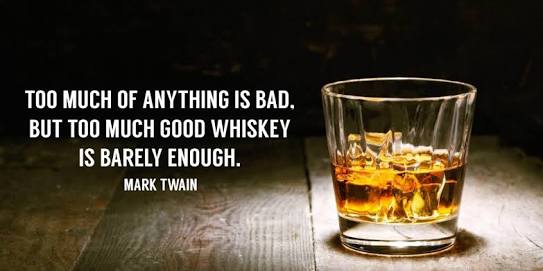5 Surprising Facts About Whiskey
Welcome to The World of Whiskey, where we explore the rich and fascinating history of this beloved spirit. Here are 5 surprising facts about whiskey that you may not know:
- Whiskey was originally used as a medicinal drink. In the 17th and 18th centuries, whiskey was commonly prescribed by doctors as a cure for a variety of ailments, including everything from the common cold to smallpox. It was believed that the alcohol in whiskey had antiseptic and germ-killing properties, and it was often given to patients in small doses as a tonic.
- Whiskey played a role in the American Revolution. During the Revolutionary War, the British imposed high taxes on American whiskey as a way to finance their military efforts. This led to widespread tax evasion and whiskey rebellion in the colonies, as many distillers refused to pay the taxes and continued to produce whiskey illegally. The rebellion was eventually put down, but the experience helped to shape the rebellious spirit of the early American nation.
- Whiskey is made from a variety of grains. While barley is the most common grain used in the production of whiskey, other grains such as wheat, corn, and rye are also used to create different styles of whiskey. Each grain brings its own unique flavors and characteristics to the final product.
- Whiskey doesn't have to be aged in oak barrels. While oak barrels are the most common choice for aging whiskey, other woods such as cherry, maple, and even sherry casks are sometimes used to give the whiskey a unique flavor. In addition, different types of oak, such as American oak and European oak, can also give the whiskey different flavors and aromas.
- Whiskey can be made anywhere in the world. While Scotland, Ireland, and the United States are known for their whiskey production, there are distilleries all over the globe that produce their own unique styles of whiskey. From Japan to Australia to Canada, the world of whiskey is a diverse and ever-expanding landscape of flavors and traditions.
We hope these surprising facts about whiskey have piqued your interest in this fascinating spirit. Stay tuned for more articles on all things about whiskey from The World of Whiskey. Cheers!

Comments
Post a Comment